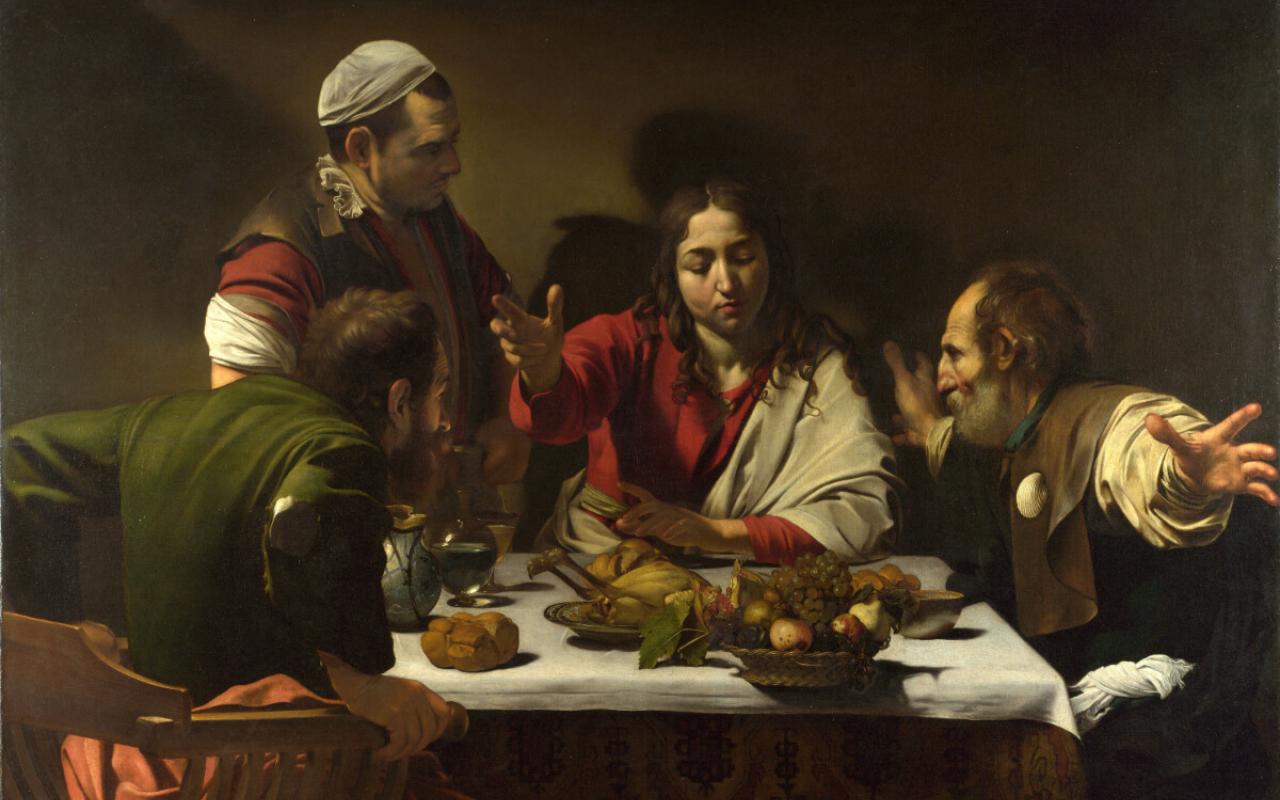
John's Gospel shows us the central elements of becoming a disciple: the importance of witness, a seeking heart, and the attractive potency of the personality of Jesus.
John’s Gospel gives us an up-close account of how Jesus called some of his earliest disciples. It is worthy of our close consideration, because it shows us the combination of elements that are present in becoming a disciple of Jesus:
A second element is what might be called the seeking heart. Andrew and Peter were looking for something; more particularly, they were looking for someone. They knew that their lives were incomplete, and they were seeking the one who would show them the way to fulfillment. When Jesus arrives on the scene, their hearts are prepared to recognize him by their desire to seek him out. Jesus sees this and asks them the significant question: “What do you seek?” Their answer, put simply, is: “We are seeking a relationship with the One who will give our life meaning, and we think it might be you. Can we come and stay with you to find out?” Jesus responds with the generous invitation that he always extends to the person seeking: “Come and see.” “Come spend time with me, and discover that I am the one your hearts are looking for.”
A third element in the mix is the most decisive of all: the attractive potency of the personality of Jesus. Andrew, Peter, and Philip do not only hear about Jesus: they meet him as a living personality. They speak with him and experience the power of his presence. In that encounter with Jesus, their lives are turned upside down. They realize that in finding and coming to know Jesus they have discovered the purpose of their lives. Jesus is indeed the one their hearts have been seeking, and they will be ready to leave all behind and become his disciples if only they can be close to him.
Jesus speaks those momentous words to Philip, and to all those with seeking hearts: “Follow me.” “Come be my disciple. Take my yoke upon you. In knowing me, come back to the Father, and find the purpose of your lives.”

